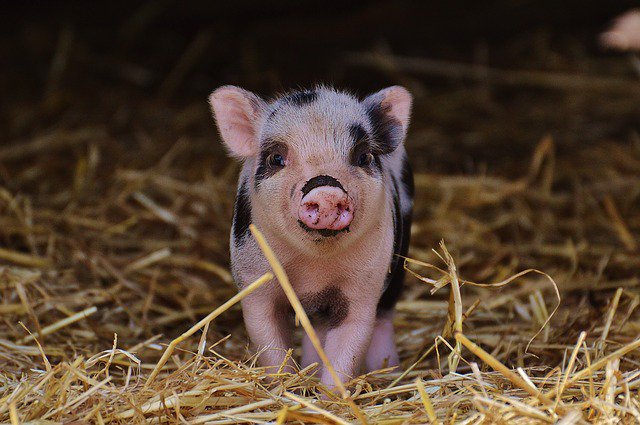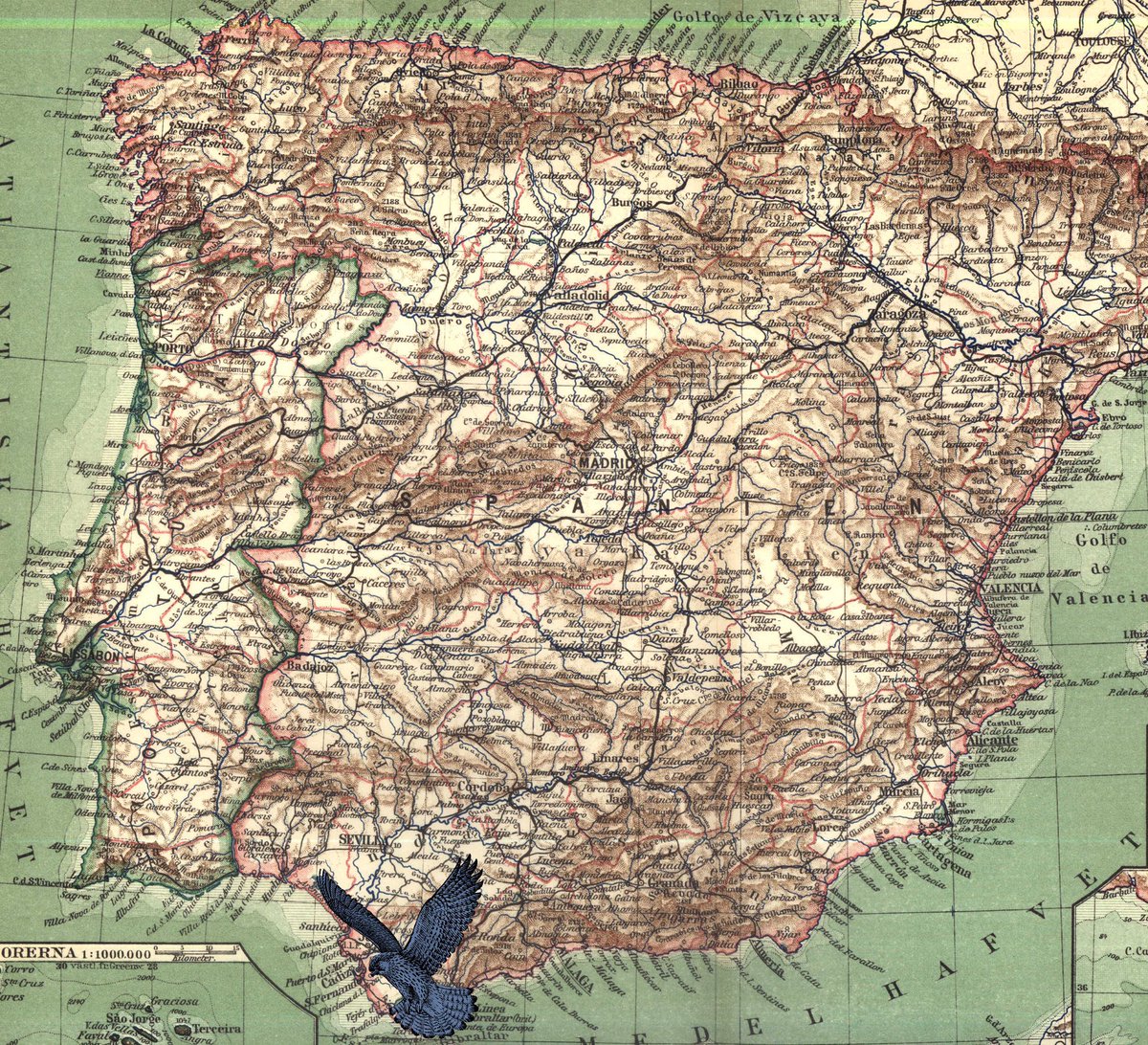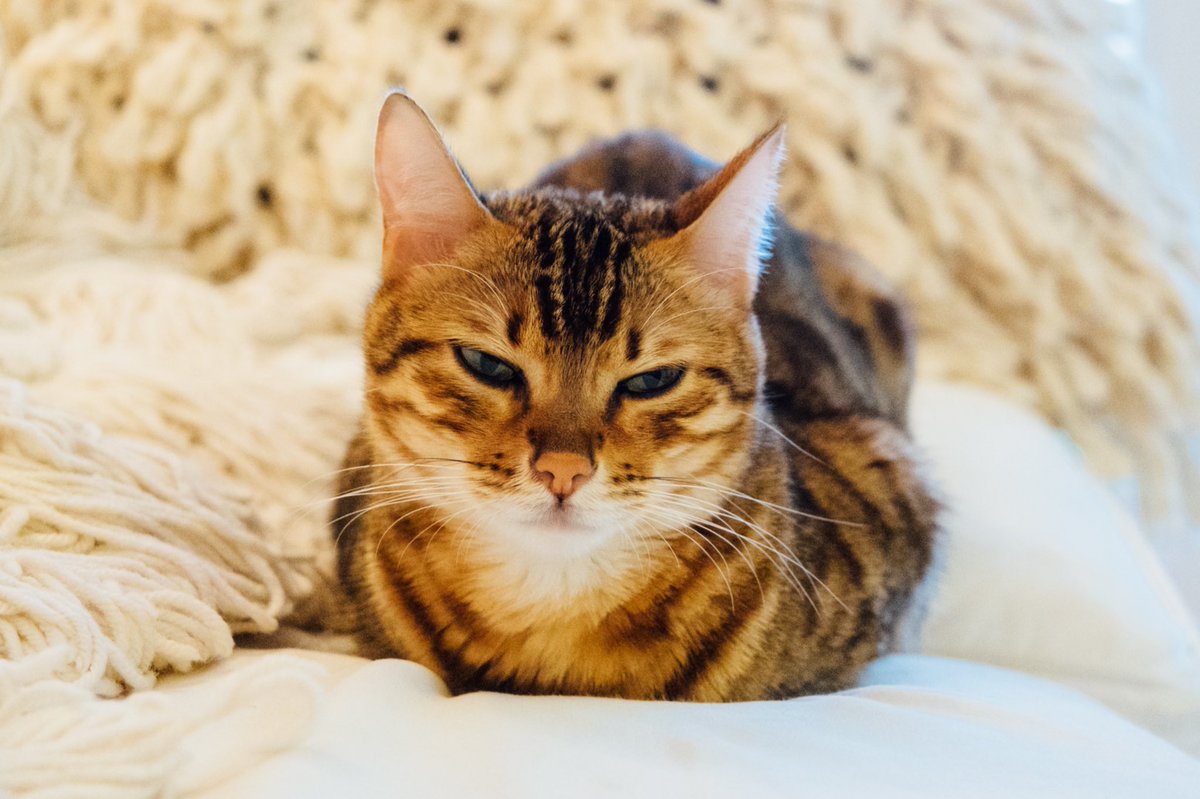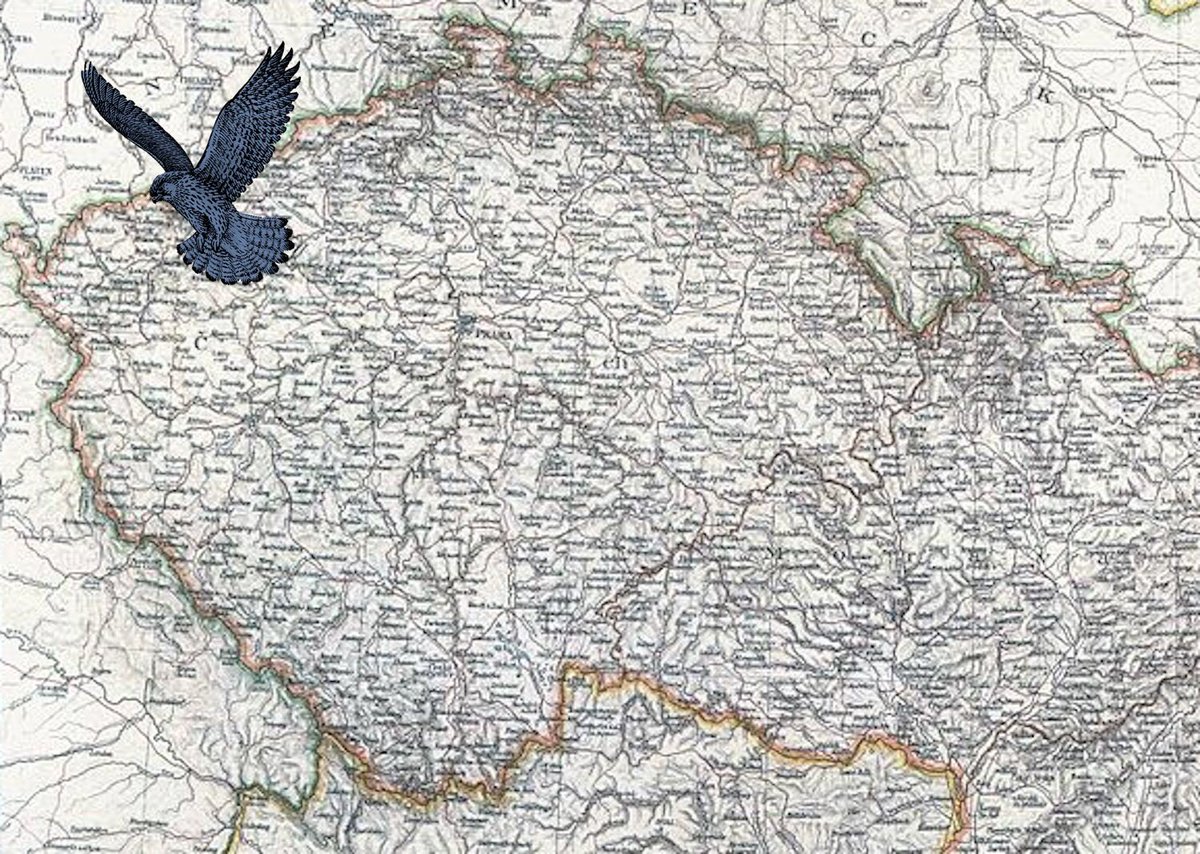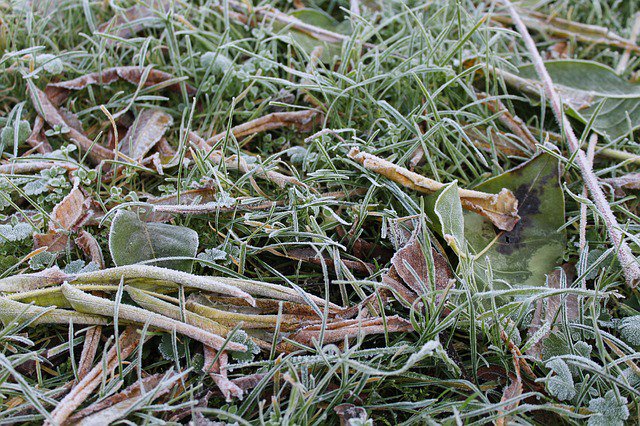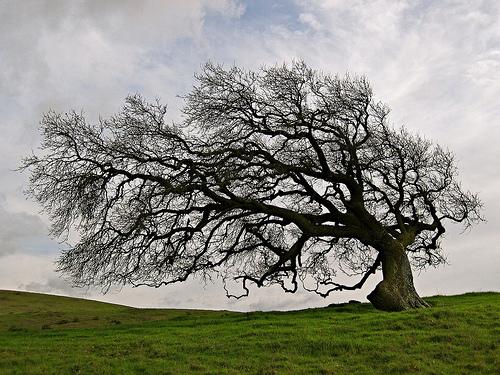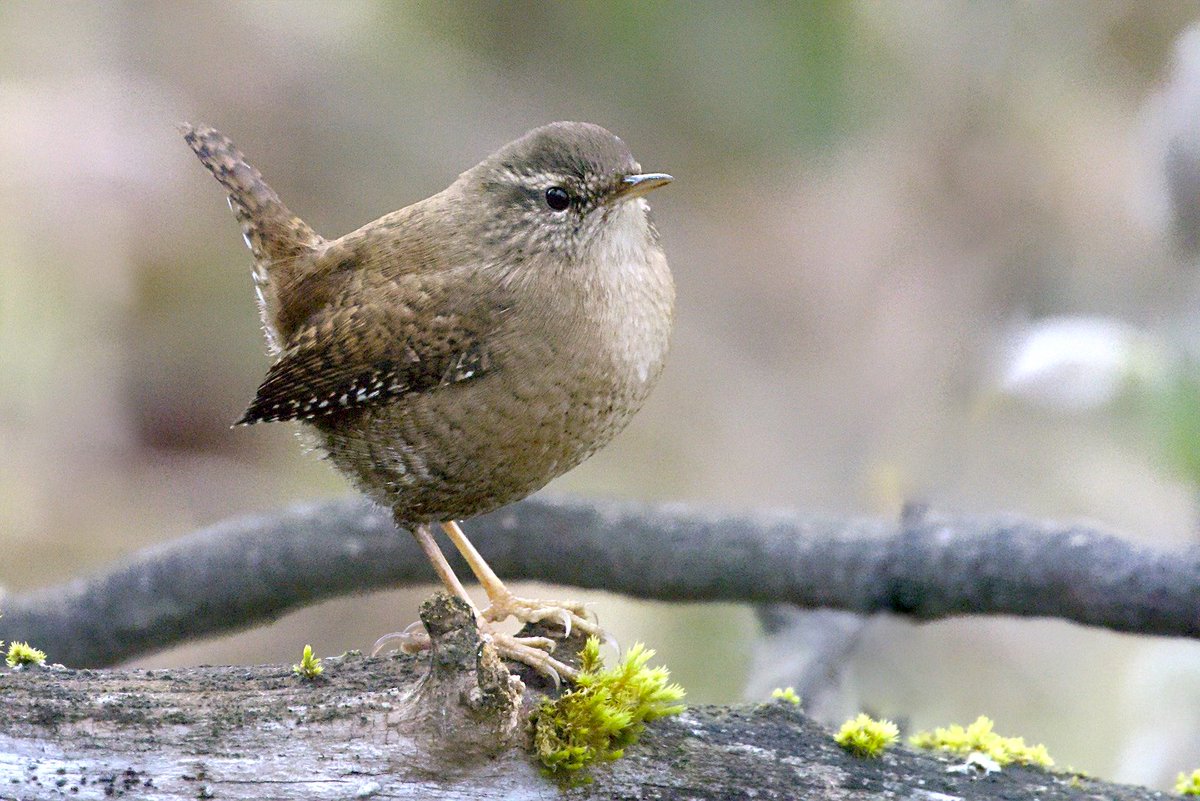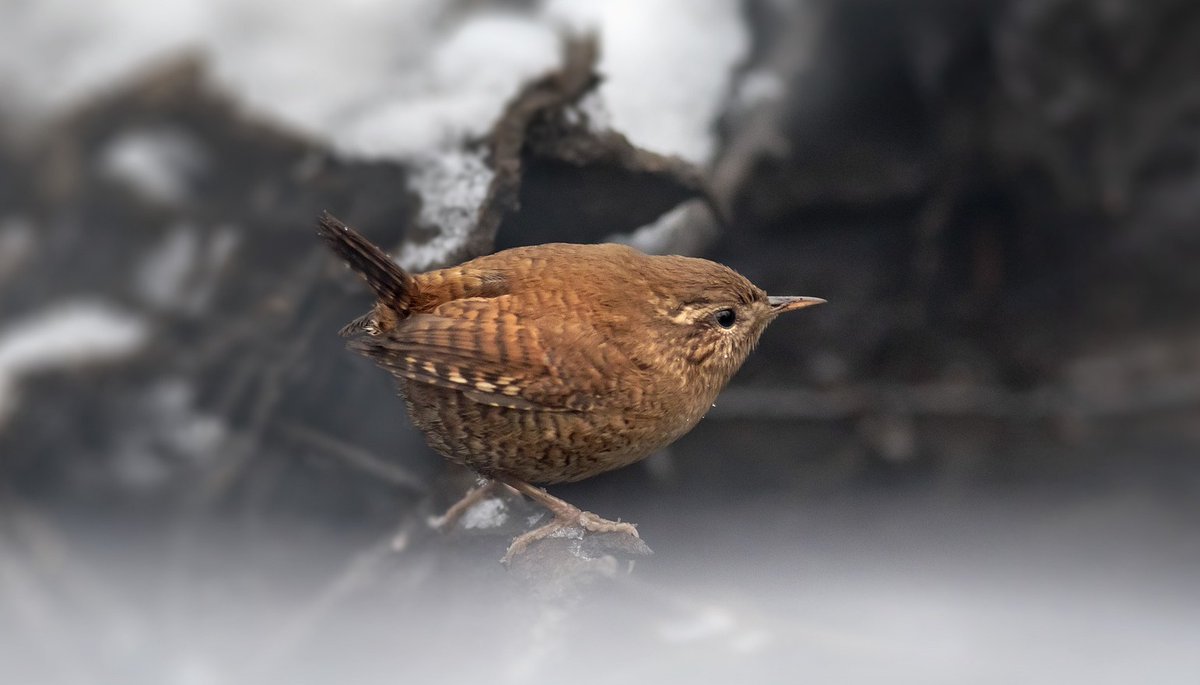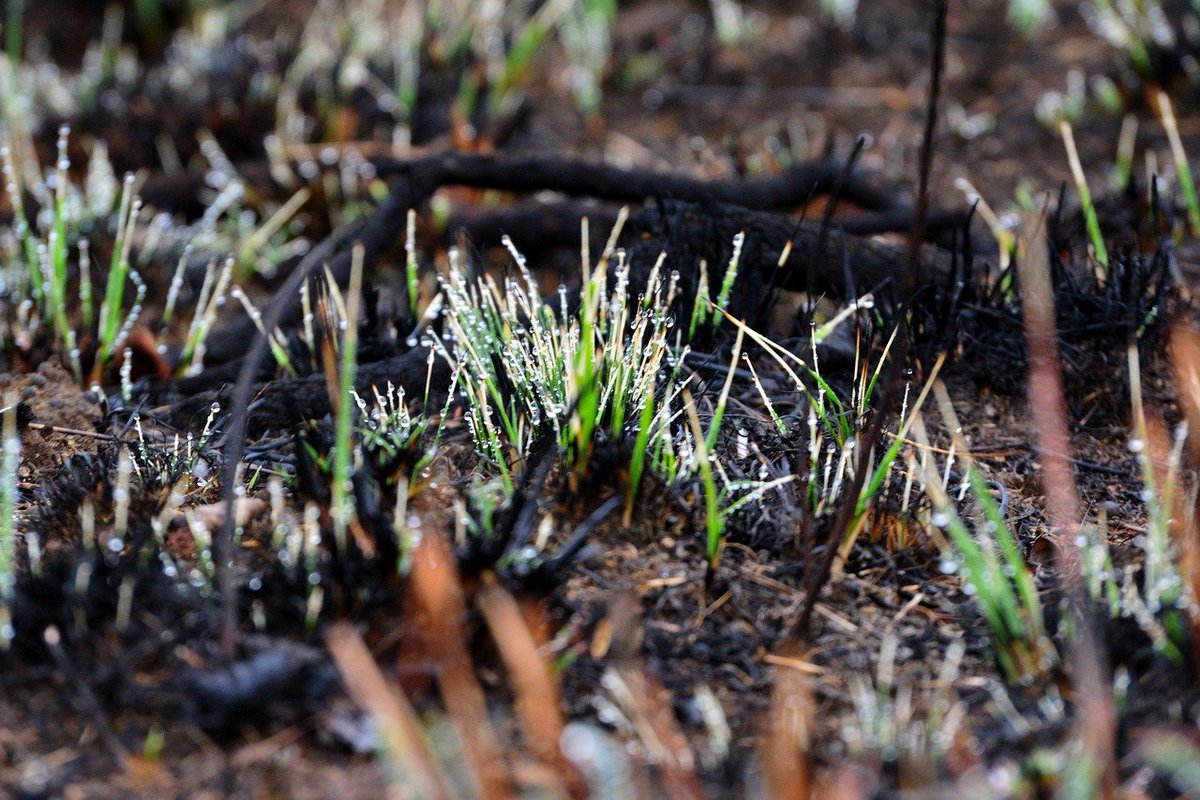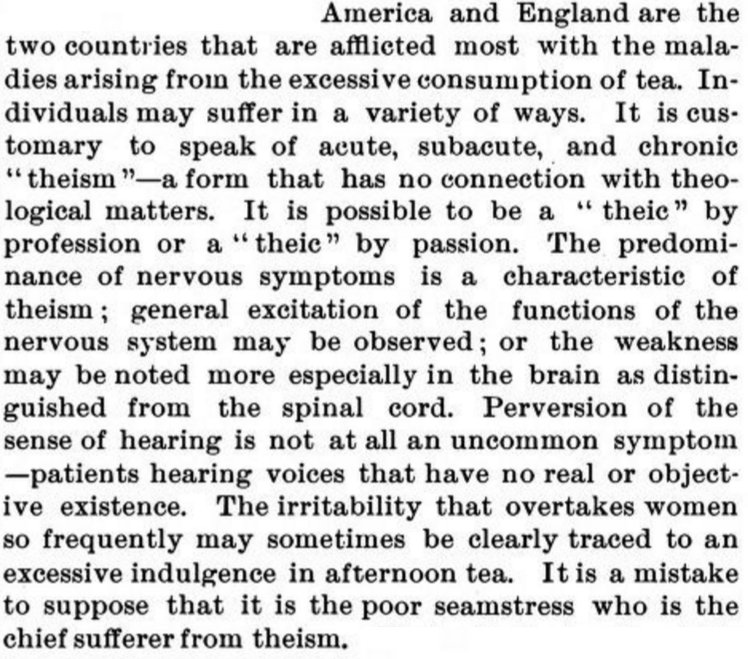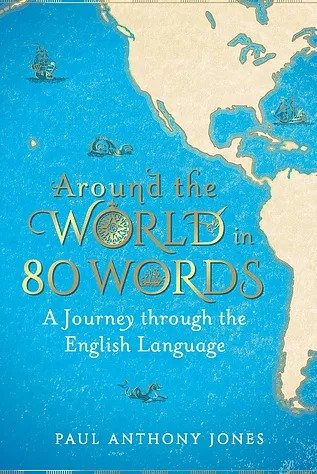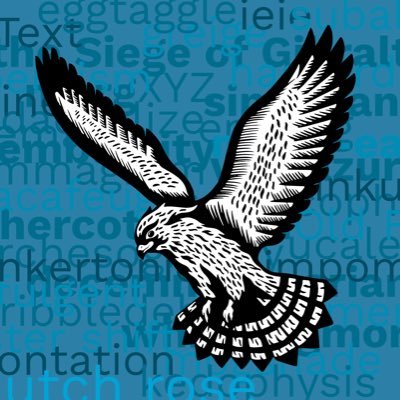
Haggard Hawks 🦅📚 Words | Language | Etymology
@HaggardHawks
Followers
85K
Following
22K
Media
5K
Statuses
49K
Obscure words, etymological tales, language trivia | Books available here: https://t.co/5k8NBYQJW6 | Tweets by @PaulAnthJones | Artwork by @bread_and_ink
Joined December 2013
❄️ Every day in December, we’ll be sharing a different entry from the latest @HaggardHawks book, A WINTER DICTIONARY—a collection of obscure words for the festive season—which is OUT NOW!. 👉 🧵 Follow the thread below to collect all the words.
6
53
244
The term APHERCOTROPISM refers to the response an organism makes as it grows to overcome an obstacle in its way. http://t.co/DD7jN4a3kP.
78
3K
5K
Apparently, it’s #HedgehogDay—and because we could all do with some good news, a reminder that a baby hedgehog is called a HOGLET.
36
1K
2K
The old Scots word JACHELT was used to describe trees that have grown with the direction of the wind. http://t.co/bqlqW9buUf.
55
1K
2K
It’s World Dictionary Day! To mark the occasion, here’s an A to Z thread of @HaggardHawks facts about the 26 letters of our alphabet. 🧵
26
621
1K
POTOOOOOOOO was the name of a renowned 18th century thoroughbred racehorse. It was pronounced “pot-eight-Os”. http://t.co/mnclOZ9nXx.
28
670
1K






